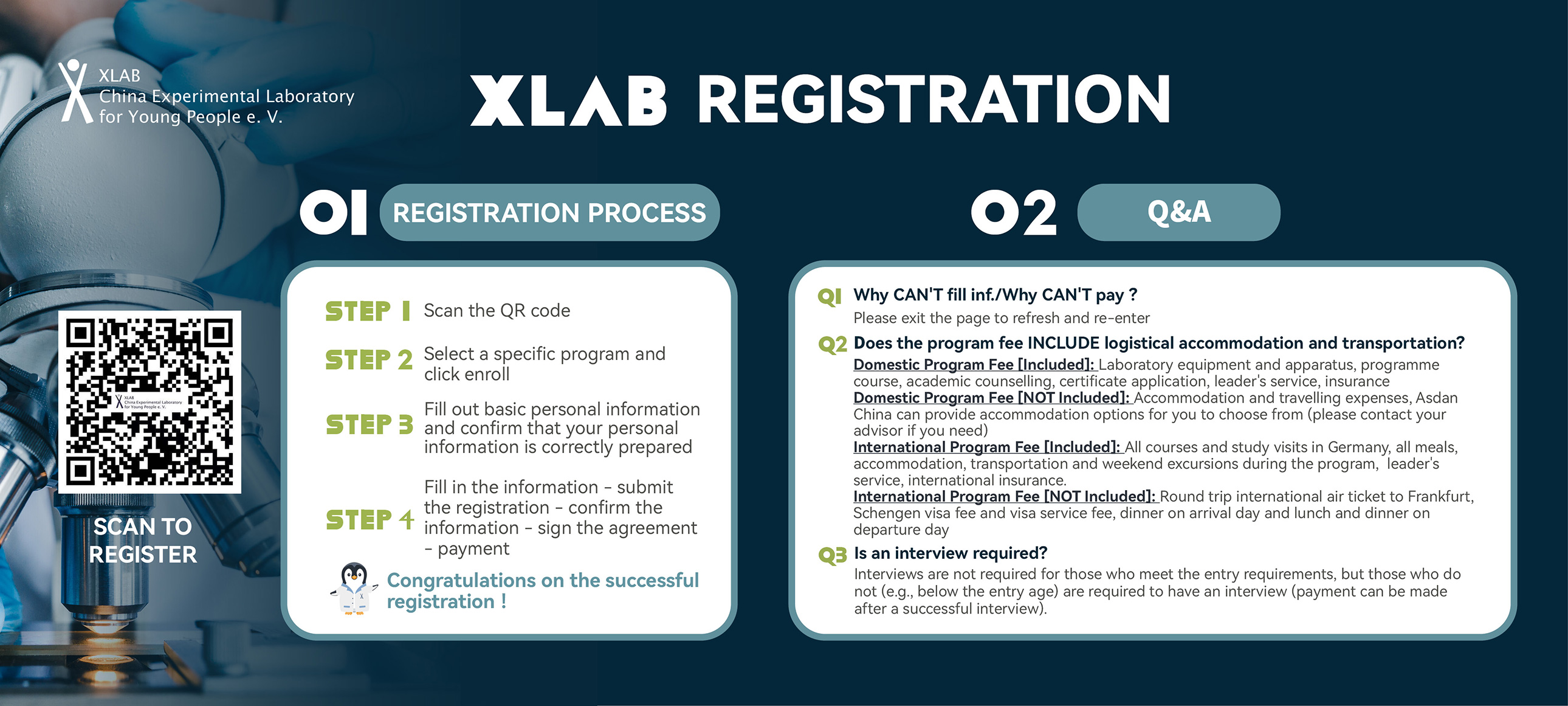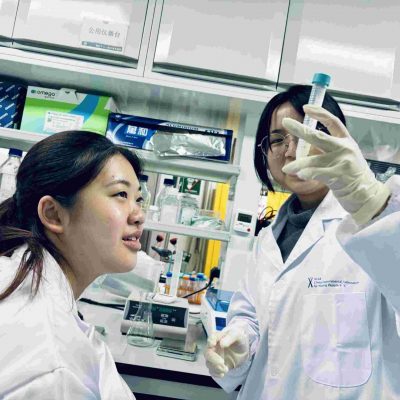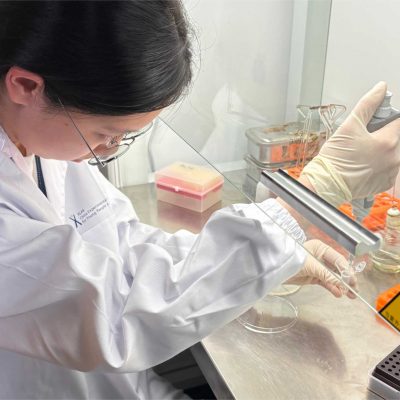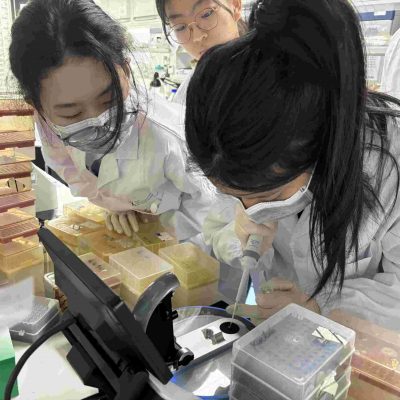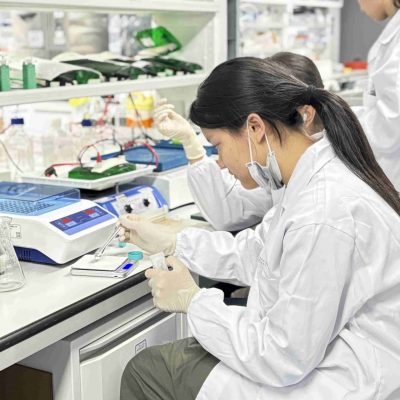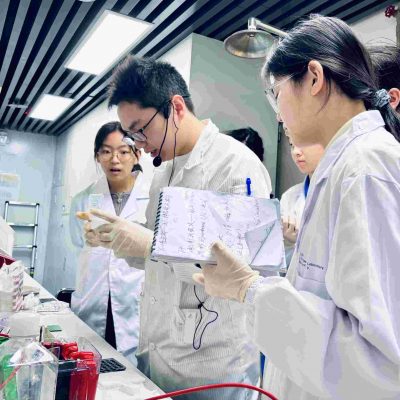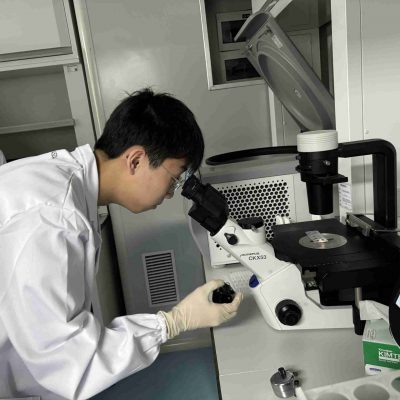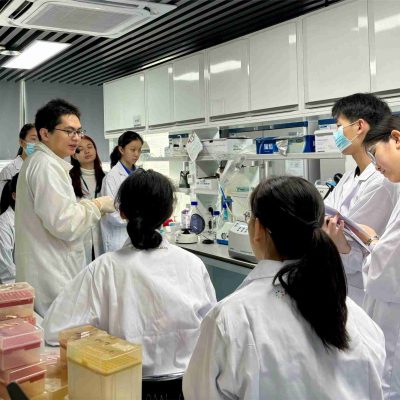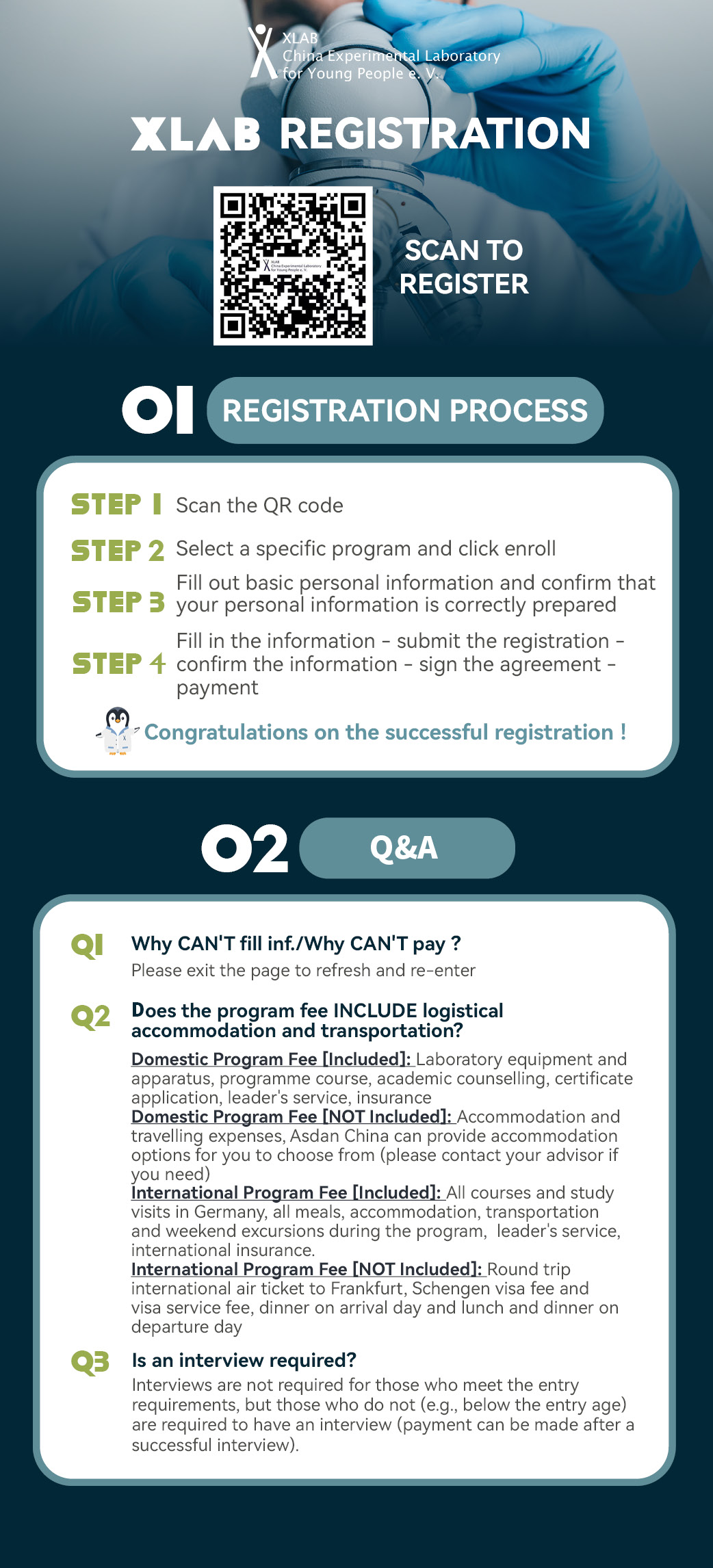Exploration of Brain Science and Cognitive Psychology
 Shenzhen
Shenzhen
Date: Jul. 29th - Aug. 2nd丨Jul. 8th - Jul. 12th
Subjects: Biomedicine, Biology, Medicine, Neurosciences, Psychology
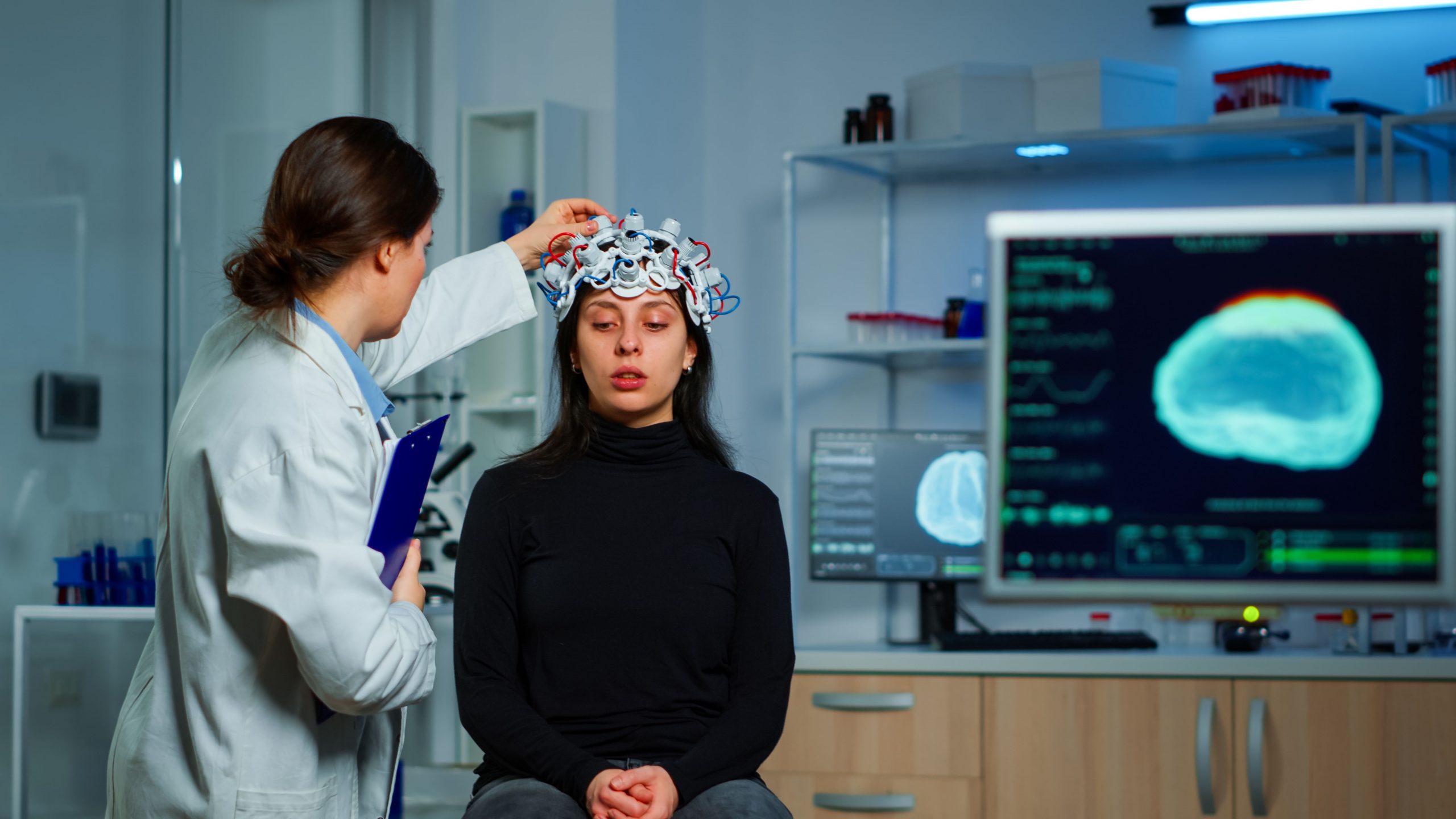
Neuroscience, also known as brain science, is an interdisciplinary field that studies the structure and function of the brain and nervous system. The scope of neuroscience includes investigating the workings of the brain and discovering the abnormal mechanisms underlying brain diseases. It can also be oriented towards psychological, behavioral, and social science questions, focusing on the brain and allowing neuroscientific techniques and methods to further contribute to psychological research.
This program, led by mentors in cognitive neuroscience and brain disease research at national-level research institutes, aims to help students understand the workings of the brain, the mechanisms underlying memory and emotion generation, and the inherent relationship between neuroscience and cognitive psychology.
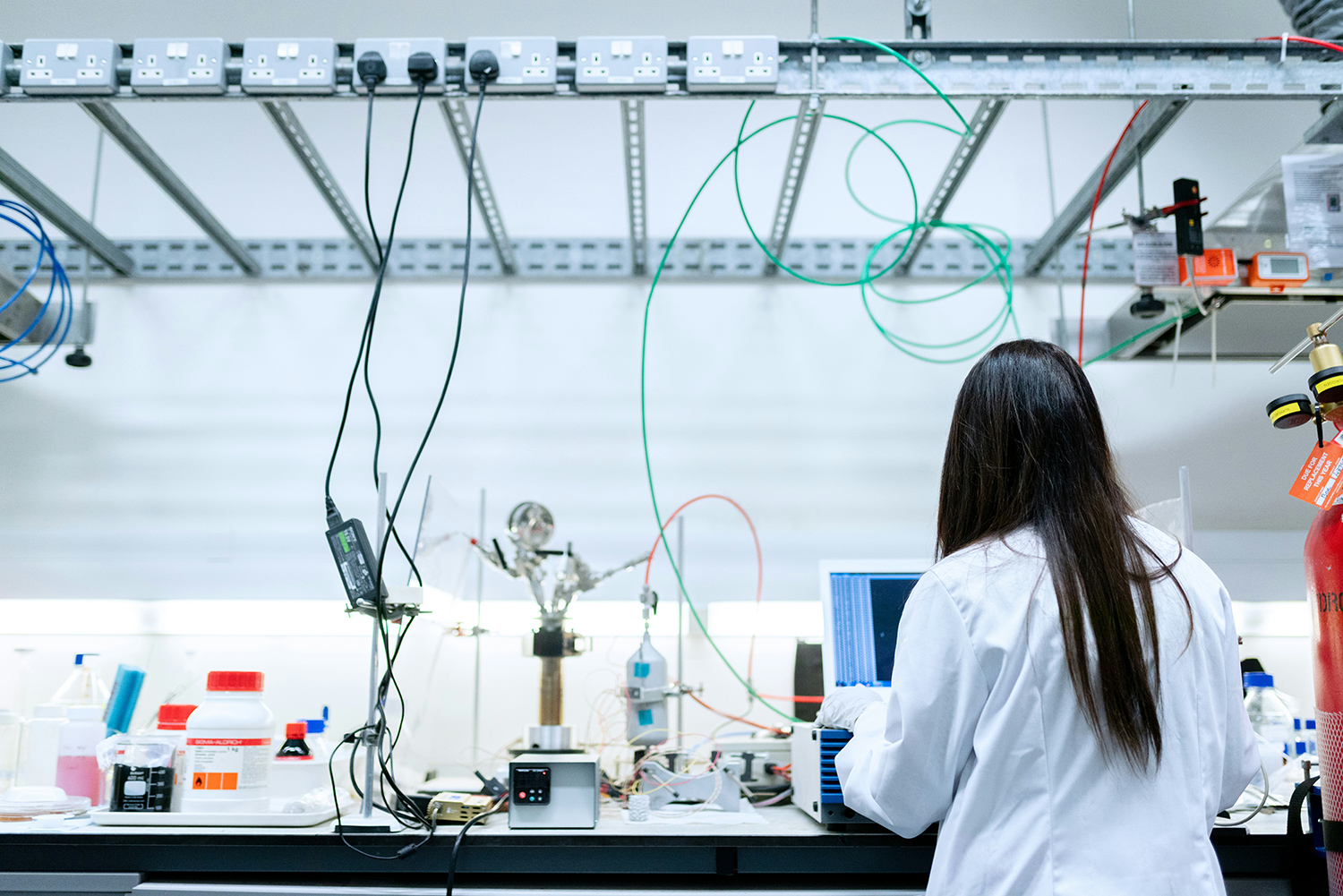
Teaching Faculty
Experts in brain cognition and brain disease research from national research institutes are specially invited.
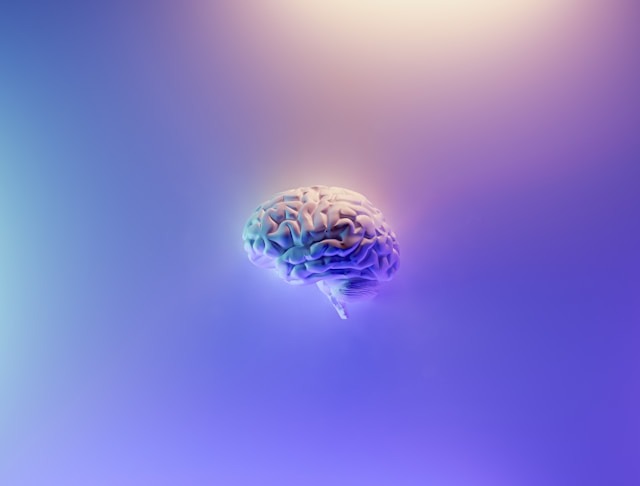
Cutting-edge Topics
Systematically learn the knowledge of main brain cognition and cognitive psychology.
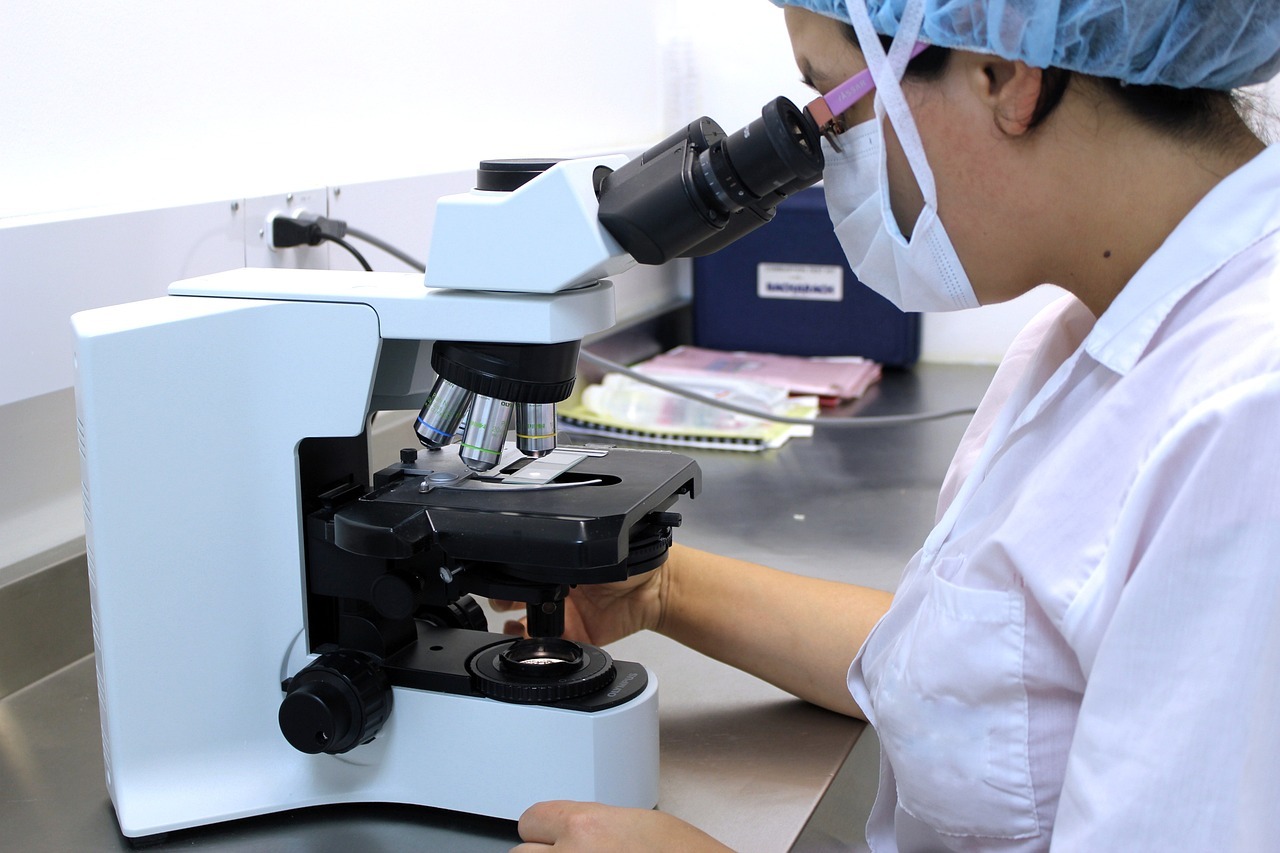
Real Lab Practice
Experiments in molecular biology, cell biology, psychology, etc.

Outcome Application
Research outcomes for the mechanism of memory and emotion generation, and the internal correlation research between brain science and cognitive psychology.
Main Experiments
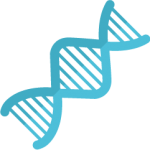
Nucleic Acid Extraction, Electrophoresis
PCR Reactions
Cognitive Function Experiment
Psychological Experiment
Nucleic Acid Extraction, Electrophoresis
PCR Reactions
Cognitive Function Experiment
Psychological Experiment
Certificates
).png)
CERTIFICATE OF ASDAN SCIENCE
ASDAN SCIENCE SHORT COURSES CREDIT ACCREDITED BY UCAS
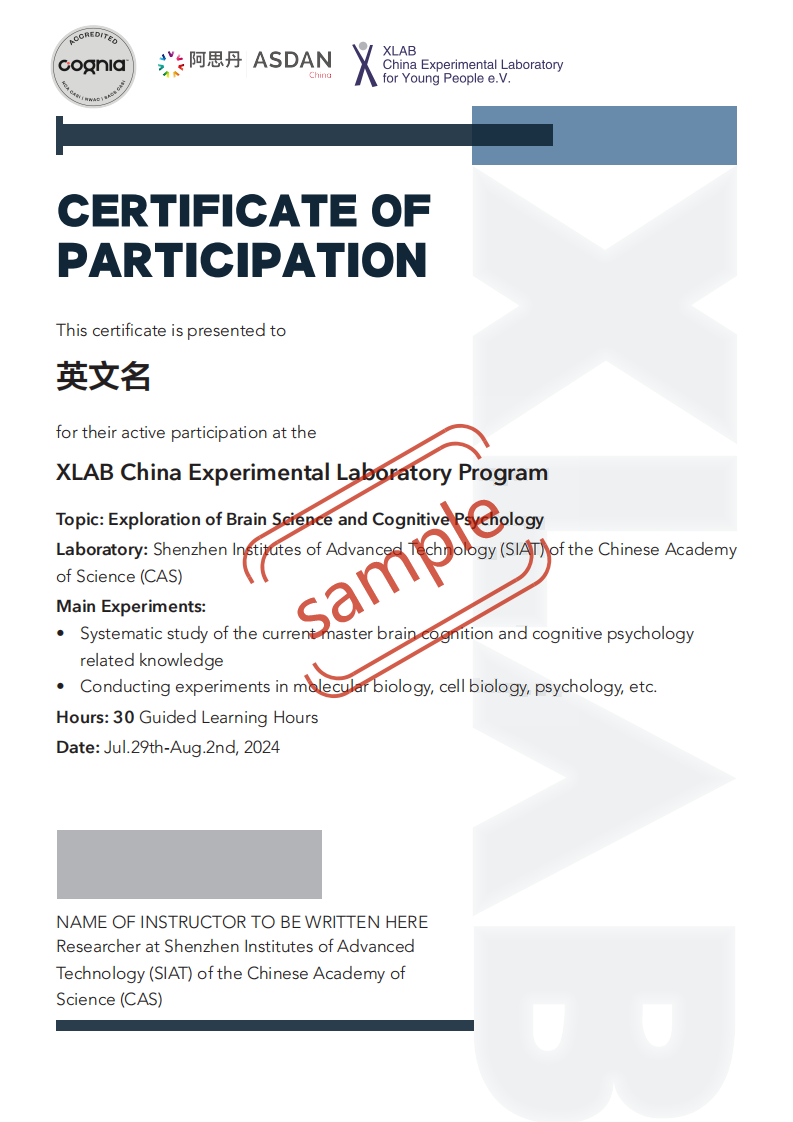
CERTIFICATE OF COMPLETION ISSUED BY XLAB CHINA

Feedbacks
 实验让我收获最大的活动是转染细胞和流式细胞分析术。在转染细胞的过程中,我收获到了友情,而且让我学习到了配比试剂的过程,不仅仅是指加入目标试剂那么简单,还要通过计算和对液剂的调整去获得自己想要的实际浓度,这点很重要,在流式细胞液中,我知道了流式细胞仪怎么去使用和去判断目标细胞,这对于我选择生物留学专业十分有帮助,能帮助我更快的去适应外国的实验室和仪器
实验让我收获最大的活动是转染细胞和流式细胞分析术。在转染细胞的过程中,我收获到了友情,而且让我学习到了配比试剂的过程,不仅仅是指加入目标试剂那么简单,还要通过计算和对液剂的调整去获得自己想要的实际浓度,这点很重要,在流式细胞液中,我知道了流式细胞仪怎么去使用和去判断目标细胞,这对于我选择生物留学专业十分有帮助,能帮助我更快的去适应外国的实验室和仪器—— 济南市安生学校 刘同学

 From completing the program, I have achieved a better understanding of biological concepts in general. By listening to these complicated concepts I have also achieved to have better understanding skills. During the course, I had the opportunity to perform a range of experiments. However, I still need to improve my practical skills as during the project I have realized how much I lack these skill and how important they are. My future plans would be to improve my practical skills. If possible I want to go to more courses like this to gain more experience. In addition, I also want to learn more concepts relevant to biomedical science. This will help me to learn more easily in the future.
From completing the program, I have achieved a better understanding of biological concepts in general. By listening to these complicated concepts I have also achieved to have better understanding skills. During the course, I had the opportunity to perform a range of experiments. However, I still need to improve my practical skills as during the project I have realized how much I lack these skill and how important they are. My future plans would be to improve my practical skills. If possible I want to go to more courses like this to gain more experience. In addition, I also want to learn more concepts relevant to biomedical science. This will help me to learn more easily in the future.—— 圣比斯东莞 高同学

 这次实验的经历我收获匪浅,首先,让我进一步了解了未来在实验室的工作学习环境,以及对未来实验有了基础经验。其次,学会了使用实验室基本的仪器,例如离心机移液枪等等。也认识到了如何寻找文献资料。最后,我对未来专业和研究方向都有了极大的影响。
这次实验的经历我收获匪浅,首先,让我进一步了解了未来在实验室的工作学习环境,以及对未来实验有了基础经验。其次,学会了使用实验室基本的仪器,例如离心机移液枪等等。也认识到了如何寻找文献资料。最后,我对未来专业和研究方向都有了极大的影响。—— 成都外国语学校 朱同学

Photo Gallery
Why Us
History
XLAB has a 20+ year history. It was initiated by Professor Neher of the University of Göttingen in Germany and strongly supported by the German government and the University of Göttingen. XLAB, centered around high-end scientific experiments, is widely favored by over 10,000 students yearly. XLAB has established practice centers worldwide, aiming to expand this unique concept and teaching method to reach more students.
XLAB aims to enable more people to learn and experience the joy of science, encouraging them to explore the mysteries of science and consider how to use science to solve human problems. Therefore, XALB's subjects are generally more complex in physics, biology, or medicine. Instead, they focus more on interdisciplinary, cutting-edge topics such as genetic engineering, medical research, nanobiology, medical chemistry, high-energy physics, and more.
Subject
Experiment
Experiments are the core of the XLAB. Each participant can enter advanced laboratories to conduct safe experiments, analyze data, and write experiment reports. Over six hours of scientific research daily enhances students' scientific knowledge and logical thinking and cultivates concentration and endurance. Students will be able to experience the work content and status firsthand and consider whether to choose a research direction in future education.
The courses in XLAB are unique. They consist of four key modules: Subject Introduction and Program Thinking, Scientific Research Teaching, Laboratory Operations, Experimental Data Analysis, and Research Report Writing. All courses are taught in small groups of 10 to 25 students.
Course
Faculty
Experts are invited to design experiments and teach students since the topics and content of XLAB exceed the curriculum of high schools and are specialized in specific research areas. Relevant scientific research institutions support XLAB China and provide an in-depth academic experience for Chinese students based on its unique teaching methods and experimental requirements.
Two authoritative certificates are available: the XLAB Program Certificate of Participation, which details the experimental content and is signed by instructors. Students will complete an academic report containing experimental results and data analysis to apply for the ASDAN "Science Award" Certificate for 30 credit hours of study officially accredited by UCAS.
Certificate
Research
XALB provides invaluable research scenarios for students who plan or are currently engaged in natural science research-oriented learning, such as EPQ or scientific papers, to implement their research plans and participate in hands-on scientific research. Experimental reports can be considered as part of their research achievements.

